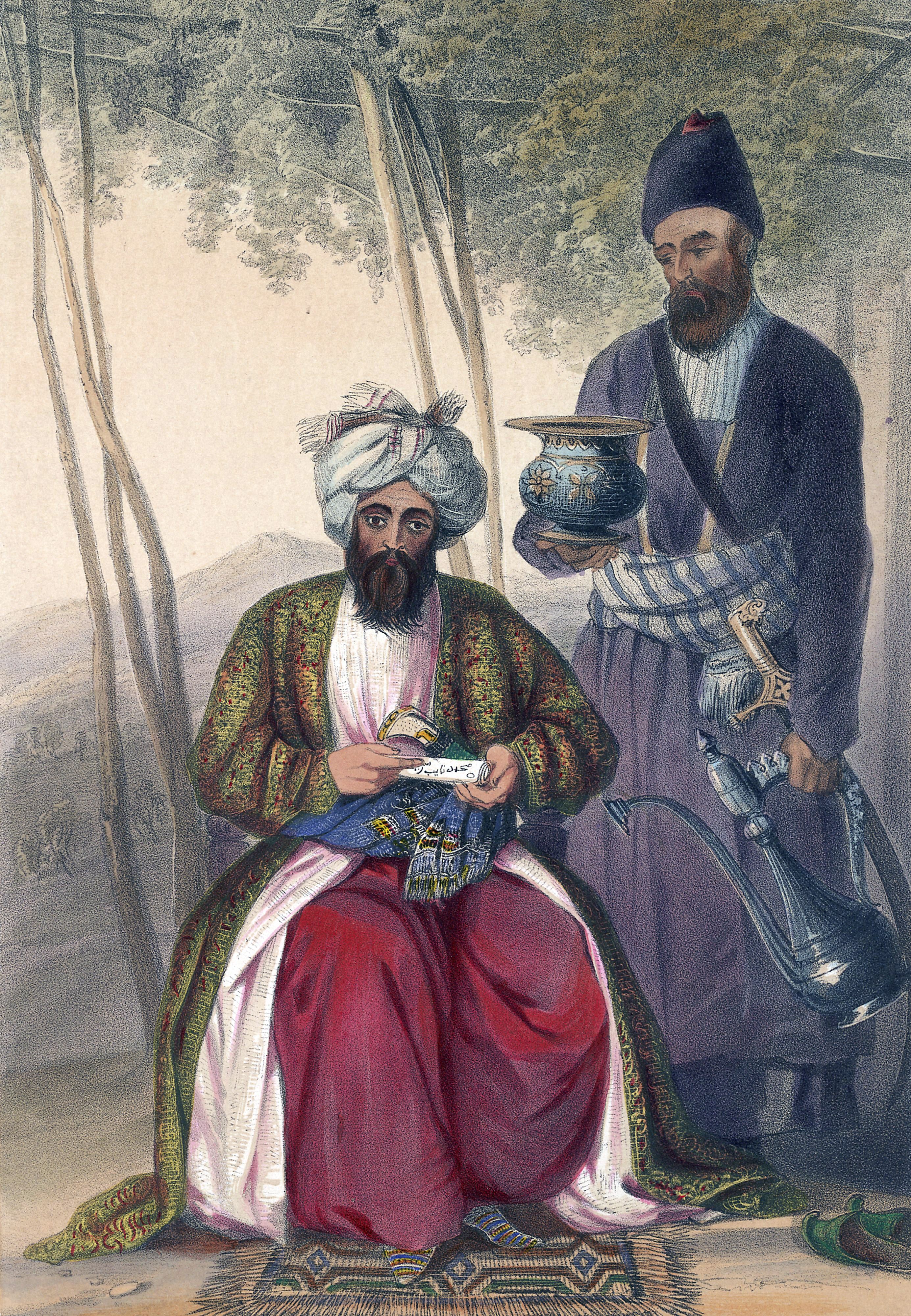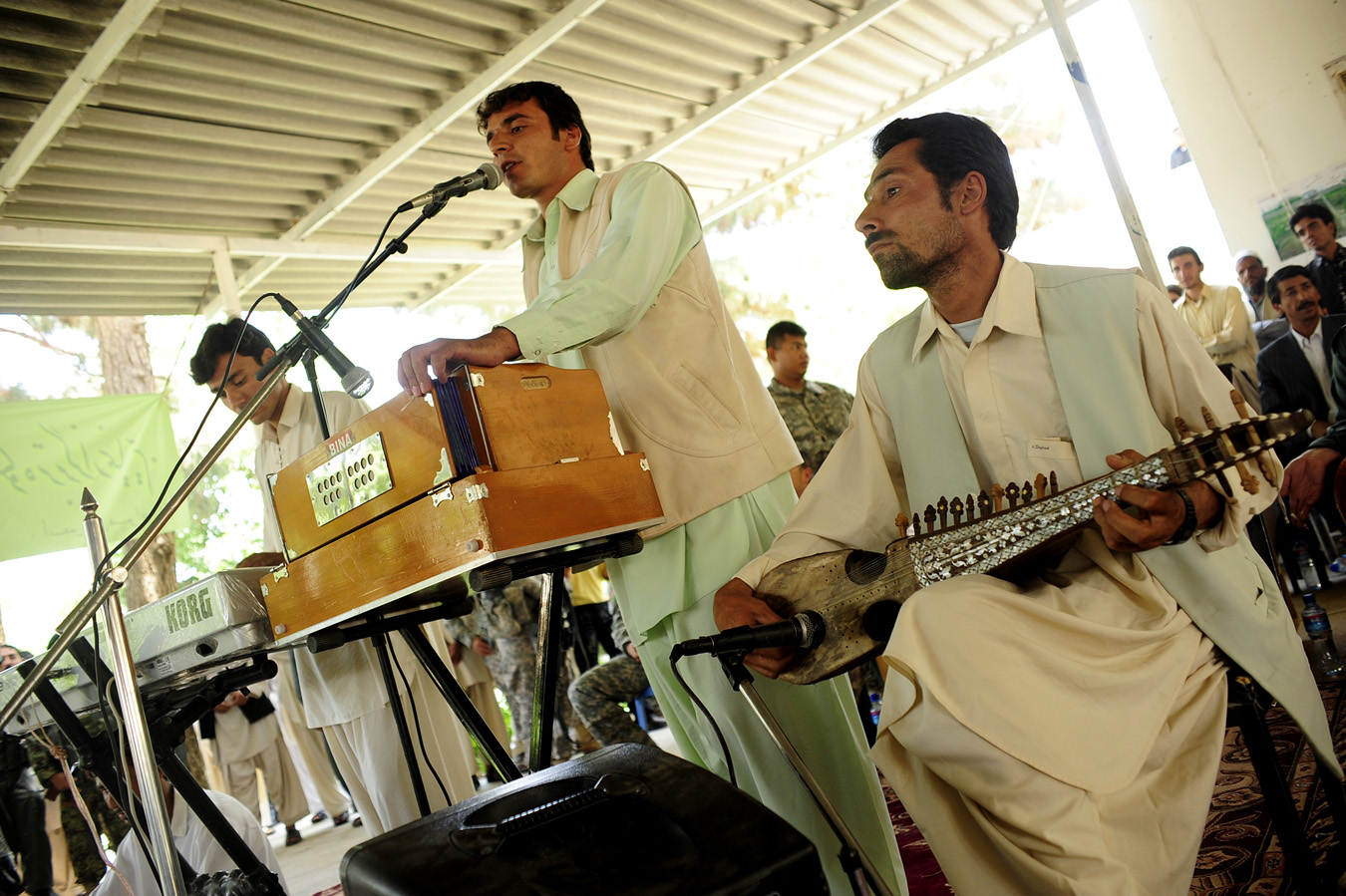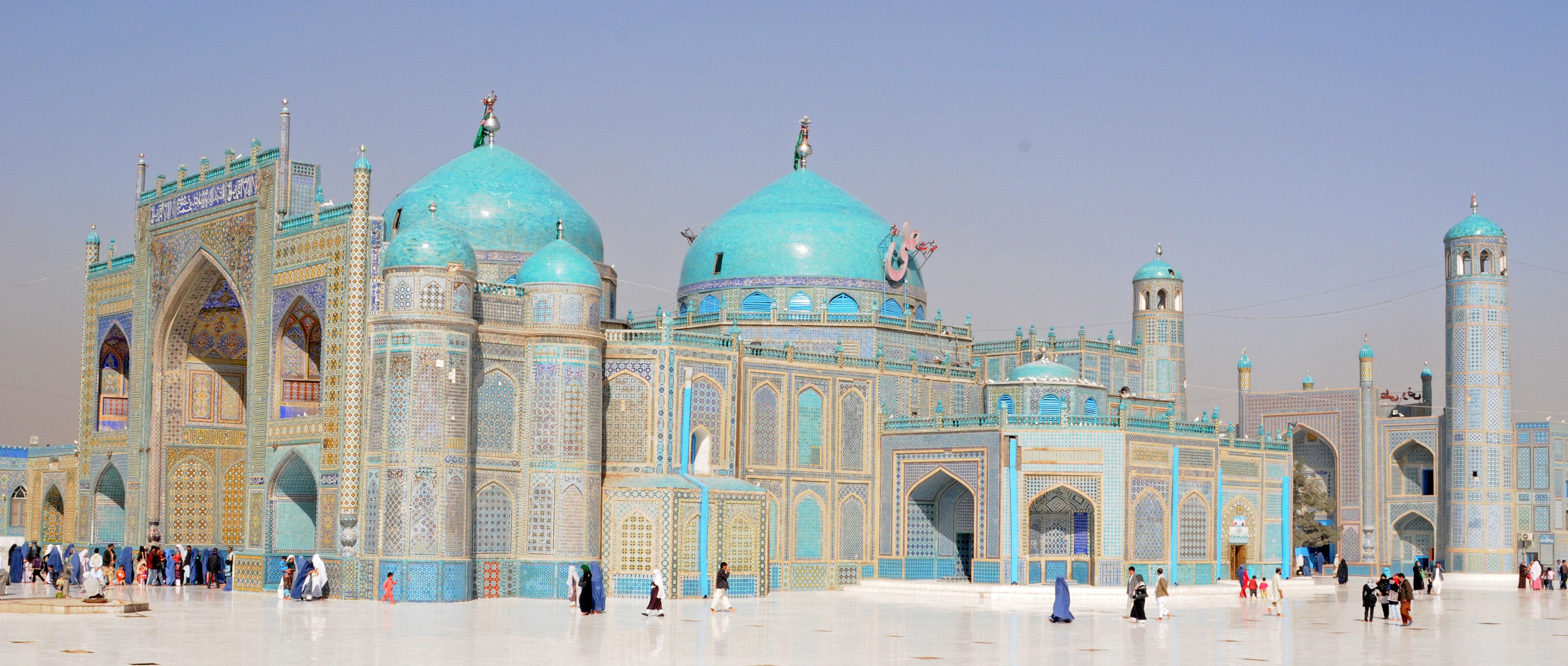|
Ethnic Groups In Afghanistan
Afghanistan is a multinational state, multiethnic and mostly tribe, tribal society. The population of the country consists of numerous ethnolinguistics, ethnolinguistic groups: mainly the Pashtun people, Pashtun, Tajik people, Tajik, Hazara people, Hazara, and Uzbek people, Uzbek, as well as the minorities of Aimaq people, Aimaq, Afghan Turkmens, Turkmen, Baloch of Afghanistan, Baloch, Pashayi people, Pashai, Nuristani people, Nuristani, Gurjar people, Gujjar, Brahui people, Brahui, Afghan Qizilbash, Qizilbash, Pamiri people, Pamiri, Kyrgyz people, Kyrgyz, Moghol people, Moghol, and others. Altogether they make up the Afghan people. The former Afghan National Anthem and the Constitution of Afghanistan, Afghan Constitution (before 2021 Taliban offensive, 2021) each mention fourteen of them. Fertility rate by Ethnic origins National identity The term "Afghan (ethnonym), Afghan" is synonymous with the ethnonym "Pashtun", but in modern times the term became the Afghans, ... [...More Info...] [...Related Items...] OR: [Wikipedia] [Google] [Baidu] |
Afghan Qizilbash
The Afghan Qizilbash () are a Persian-speaking ethnic group in Afghanistan, mainly residing in Herat, Kabul and Kandahar. Numbering around 30,000, they are adherents of Twelver Shia Islam. The Qizilbash were originally Turkoman tribesmen who supported the Safavid dynasty in Iran. Many Qizilbash were stationed in present-day Afghanistan during the reign of the Iranian shah (king) Nader Shah in 1738–1739, when garrisons were established in Kabul and Kandahar. After the assassination of Nader Shah in 1747, the Durrani king Ahmad Shah integrated the Qizilbash into his forces and administration. He granted them land, self-governance, and religious autonomy, enabling them to maintain their Shia faith while supporting his rule. The Qizilbash formed part of the bodyguard regiment ''ghulam khana'', recruited to balance the power of Durrani and Ghilzai tribal leaders. The Qizilbash have historically presented themselves as Sunni or Pashtun to avoid religious discrimination and participa ... [...More Info...] [...Related Items...] OR: [Wikipedia] [Google] [Baidu] |
Nauruz In Afghanistan
Nowruz ( ''Nawrōz''; ''Nawrōz'', or ''Nəwai Kāl'') is the beginning of springtime and a cultural holiday in Afghanistan. It is also celebrated by the majority of the Afghan diaspora around the world. Farmer's Day, which starts around the same time as the Afghan New Year, is celebrated nationwide alongside Nowruz and usually lasts around two weeks. Among other things, the celebration involves planting saplings and flowers throughout the country. Some Afghans, including members of the Taliban and their supporters, do not observe Nowruz traditions. In 1985, Radio Television Afghanistan aired a Persian play to commemorate and promote Nowruz. Under the 1990s Taliban rule, Nowruz was banned "due to the thought that it was a pagan holiday centered on fire worship." After the fall of Kabul in 2021, the Islamic Emirate of Afghanistan officially cancelled the holiday, but clarified that they will not prevent people from celebrating it privately. Preparations for Nowruz start ... [...More Info...] [...Related Items...] OR: [Wikipedia] [Google] [Baidu] |
Culture Of Afghanistan
The culture of Afghanistan has persisted for centuries and encompasses the cultural diversity of the nation. Afghanistan's culture is historically strongly connected to nearby Persia, including the same religion, as the people of both countries have lived together for thousands of years. Its location at the crossroads of Central, South and Western Asia historically made it a hub of diversity, dubbed by one historian as the "roundabout of the ancient world". Afghanistan is a mostly tribal society with different regions of the country having their own subculture. Despite this, nearly all Afghans follow Islamic traditions, celebrate the same holidays, dress the same, consume the same food, listen to the same music and use Persian as the inter-ethnic lingua franca to a certain extent. Its culture is strongly tied with elements of Central Asia, which can be seen in the likes of language, cuisine and classical music. Afghan culture is increasingly becoming a dynamic realm of acad ... [...More Info...] [...Related Items...] OR: [Wikipedia] [Google] [Baidu] |
Encyclopædia Iranica
''Encyclopædia Iranica'' is a project whose goal is to create a comprehensive and authoritative English-language encyclopedia about the history, culture, and civilization of Iranian peoples from prehistory to modern times. Scope The ''Encyclopædia Iranica'' is dedicated to the study of Iranian civilization in the wider Middle East, the Caucasus, Southeastern Europe, Central Asia, and the Indian subcontinent. The academic reference work will eventually cover all aspects of Iranian history and culture as well as all Iranian languages and literatures, facilitating the whole range of Iranian studies research from archeology to political sciences. It is a project founded by Ehsan Yarshater in 1973 and currently carried out at Columbia University's Center for Iranian Studies. It is considered the standard encyclopedia of the academic discipline of Iranistics. The scope of the encyclopedia goes beyond modern Iran (also known as ''"Persia"'') and encompasses the entire Iranian ... [...More Info...] [...Related Items...] OR: [Wikipedia] [Google] [Baidu] |
Afghans
Afghans (; ) are the citizens and nationals of Afghanistan, as well as their descendants in the Afghan diaspora. The country is made up of various ethnic groups, of which Pashtuns, Tajiks, Hazaras, and Uzbeks are the largest. The three main languages spoken among the Afghan people are Dari, Pashto, and Southern Uzbek language, Uzbek. Historically, the term "Afghan" Afghan (ethnonym), was a Pashtun ethnonym, but later came to refer to all people in the country, regardless of their ethnicity. Etymology The earliest mention of the name ''Afghan'' (''Abgân'') is by Shapur I of the Sassanid Empire during the 3rd century CE, In the 4th century, the word "Afghans/Afghana" (αβγανανο) as reference to the Pashtun people is mentioned in the Bactrian documents found in Northern Afghanistan. The word 'Afghan' is of Persian language, Persian origin and refers to the Pashtun people. Some scholars suggest that the word "Afghan" is derived from the words ''awajan/apajan'' in Avestan an ... [...More Info...] [...Related Items...] OR: [Wikipedia] [Google] [Baidu] |
Pashtun
Pashtuns (, , ; ;), also known as Pakhtuns, or Pathans, are an Iranic ethnic group primarily residing in southern and eastern Afghanistan and northwestern Pakistan. They were historically also referred to as Afghans until 1964 after the term's meaning had become a demonym for all citizens of Afghanistan regardless of their ethnic group. The Pashtuns speak the Pashto language, which belongs to the Eastern Iranian branch of the Iranian language family. Additionally, Dari serves as the second language of Pashtuns in Afghanistan, while those in Pakistan speak Urdu and English. In India, the majority of those of Pashtun descent have lost the ability to speak Pashto and instead speak Hindi and other regional languages. There are an estimated 350–400 Pashtun tribes and clans with a variety of origin theories. In 2021, Shahid Javed Burki estimated the total Pashtun population to be situated between 60 and 70 million, with 15 million in Afghanistan. Others who accept the 1 ... [...More Info...] [...Related Items...] OR: [Wikipedia] [Google] [Baidu] |
Afghan (ethnonym)
The ethnonym Afghan (Pashto: ) has been used historically to refer to the Pashtuns. Since the second half of the twentieth century, the term " Afghan" evolved into a demonym for all residents of Afghanistan, including those outside of the Pashtun ethnicity. Mentions The earliest mention of the name ''Afghan'' (''Abgân'') is by Shapur I of the Sassanid Empire during the 3rd century CE. In the 4th century, the word "Afghans/Afghana" (αβγανανο) was used in reference to a particular people as mentioned in the Bactrian documents. The name of the ''Aśvakan'' or ''Assakan'' has been preserved in that of the modern Pashtun, with the name Afghan being derived from Asvakan.Indische Alterthumskunde, Vol I, fn 6; also Vol II, p 129, et al.Etude Sur la Geog Grecque & c, pp 39-47, M. V. de Saint Martin.The Earth and Its Inhabitants, 1891, p 83, Élisée Reclus - Geography.''"Afghans are Assakani of the Greeks; this word being the Sanskrit Ashvaka meaning 'horsemen' " '' ... [...More Info...] [...Related Items...] OR: [Wikipedia] [Google] [Baidu] |
2021 Taliban Offensive
The 2021 Taliban offensive was a Offensive (military), military offensive by the Taliban insurgent group and allied militants that led to the fall of the Islamic Republic of Afghanistan and the end of the nearly 20-year War in Afghanistan (2001–2021), War in Afghanistan that had begun following the United States invasion of Afghanistan, United States invasion of the country. The Taliban victory had widespread domestic and international ramifications regarding human rights and proliferation of terrorism. The offensive included a continuation of the bottom-up succession of negotiated or paid surrenders to the Taliban from the village level upwards that started following the United States–Taliban deal, February 2020 US–Taliban deal. The offensive began on 1 May 2021, coinciding with the 2020–2021 U.S. troop withdrawal from Afghanistan, withdrawal of the United States's 2,500 troops in Afghanistan, and those belonging to Resolute Support Mission, other international allies. ... [...More Info...] [...Related Items...] OR: [Wikipedia] [Google] [Baidu] |
Constitution Of Afghanistan
Afghanistan is a theocratic emirate with a totalitarian regime ruled by the Taliban, a political and miliant Islamist movement adhere the Deobandi jihadist ideology with Pashtunwali influences, which holds a monopoly on power. Dissent is not permitted, and politics are mostly limited to internal Taliban policy debates and power struggles. There is no constitution or other basis for the rule of law. The structure is autocratic, with all power concentrated in the hands of the supreme leader and his clerical advisors. According to the V-Dem Democracy indices Afghanistan was as of 2023 the 4th least electoral democratic country in the world. Afghanistan has been unstable for decades, with frequent coups, civil wars, and violent transfers of power. Most recently, the Taliban seized power in 2021 from the Western-backed Islamic Republic, and re-formed the government to implement a far stricter interpretation of Sharia law according to the Hanafi school. History Government operatio ... [...More Info...] [...Related Items...] OR: [Wikipedia] [Google] [Baidu] |
Afghan National Anthem
Afghanistan has had a number of different national anthems throughout its history as the country has changed governments numerous times mostly resulting from political instability. History The Royal Salute (1926–1943) Afghanistan's first national anthem was adopted during its period as a monarchy. It was instrumental and had no lyrics. Grand Salute (Our Brave and Noble King) (1943–1973) This was Afghanistan's second national anthem during its monarchical period. National anthem of the Republic of Afghanistan (1973–1978) Be ardent, be more ardent (1978–1991) Another national anthem was adopted after the Democratic Republic of Afghanistan was set up in 1978. Its lyrics were written by Sulaiman Layeq on behalf of the government of the People's Democratic Party of Afghanistan (PDPA) headed by Nur Muhammad Taraki, who decided to change the national symbols after the Marxist coup d'état of 1978. The music was composed by Jalīl Ghahlānd and was arranged by Ustad ... [...More Info...] [...Related Items...] OR: [Wikipedia] [Google] [Baidu] |
Afghan People
Afghans (; ) are the citizens and nationals of Afghanistan, as well as their descendants in the Afghan diaspora. The country is made up of various ethnic groups, of which Pashtuns, Tajiks, Hazaras, and Uzbeks are the largest. The three main languages spoken among the Afghan people are Dari, Pashto, and Uzbek. Historically, the term "Afghan" was a Pashtun ethnonym, but later came to refer to all people in the country, regardless of their ethnicity. Etymology The earliest mention of the name ''Afghan'' (''Abgân'') is by Shapur I of the Sassanid Empire during the 3rd century CE, In the 4th century, the word "Afghans/Afghana" (αβγανανο) as reference to the Pashtun people is mentioned in the Bactrian documents found in Northern Afghanistan. The word 'Afghan' is of Persian origin and refers to the Pashtun people. Some scholars suggest that the word "Afghan" is derived from the words ''awajan/apajan'' in Avestan and ''ava-Han/apa-Han'' in Sanskrit, which means "killing, st ... [...More Info...] [...Related Items...] OR: [Wikipedia] [Google] [Baidu] |







